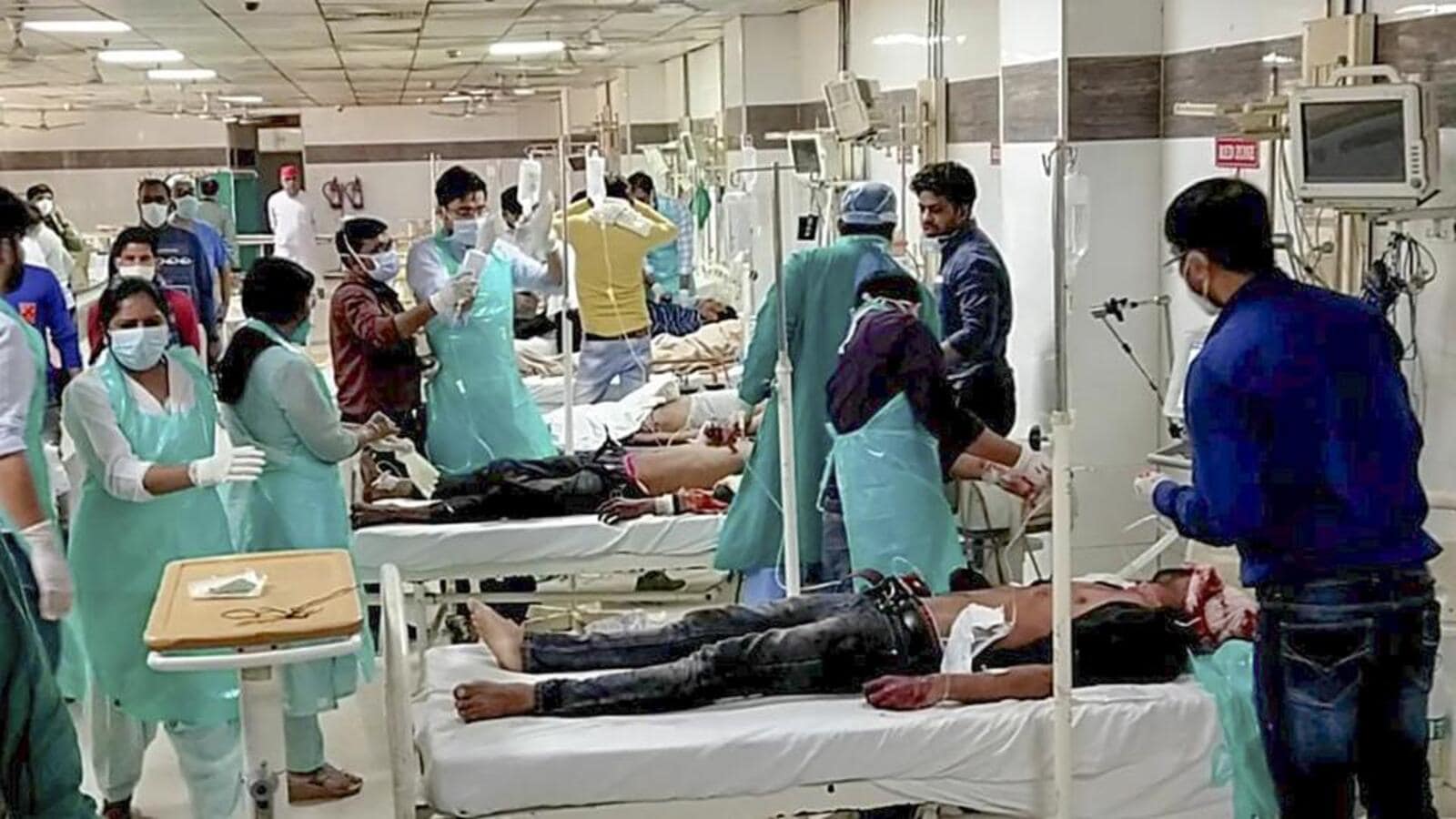From UPSC perspective, the following things are important :
Mains level: importance of evidence-based decision-making and long-term goals in public health policies

Central Idea:
The article highlights the need for a shift in the approach to public health management in democratic setups, emphasizing the importance of prioritizing preventive measures over immediate, politically-driven responses. It advocates for a separation of health-care decision-making from short-term political goals to ensure sustainable health strategies that address both immediate and future health needs.
Key Highlights:
- Silent victories in preventing diseases often go unnoticed in the pursuit of tangible achievements.
- Immediate response-focused initiatives divert attention from critical areas like sanitation, disease surveillance, and public health education.
- The case of dengue exemplifies the prioritization of emergency relief over long-term prevention strategies.
- The article stresses the importance of evidence-based decision-making and long-term goals in public health policies.
- Gaps in public health education and the influence of the pharmaceutical industry are recognized challenges.
- Disparities in achieving health policy targets, especially in nutrition programs, reveal gaps in public health efforts.
- Socio-economic factors like poverty, sanitation, and overcrowding contribute to health disparities in diseases like tuberculosis.
Key Terms/Phrases:
- Preventive health measures
- Vector bionomics
- Public health education
- Pharmaceutical industry influence
- Socio-economic factors
- Health policy targets
- Separation of powers approach
Key Quotes:
- “In a democratic setup, leaders often chase tangible achievements and overlook vital preventive efforts.”
- “Public health decisions should be based on scientific evidence and long-term goals, not electoral cycles.”
- “Behavioural change is key to managing public health challenges.”
- “Effective public health management should encompass preventive measures, policy formulation, community health, and environmental health.”
Key Statements:
- “Health care will benefit from being separated from political processes.”
- “Investments in nutrition programs have far-reaching implications for health and productivity.”
- “Public health is not just about treating diseases but preventing them.”
Key Examples and References:
- Dengue as an example of prioritizing immediate relief over long-term prevention.
- Disparity in achieving targets in the Prime Minister’s Overarching Scheme For Holistic Nourishment (POSHAN) Abhiyan Scheme.
- Disparity in TB cases between India and the United States due to socio-economic factors.
Key Facts/Data:
- 35.5% of children under five were stunted, and 32.1% were underweight in 2019-21.
- 58.6% to 67.1% increase in prevalence of anaemic children aged 6-59 months.
- India reported 21.4 lakh TB cases in 2021, an 18% increase from 2020.
Critical Analysis:
- The article effectively highlights the drawbacks of immediate, politically-driven health initiatives.
- Emphasizes the importance of evidence-based decision-making and long-term planning in public health.
- Recognizes gaps in public health education and the impact of socio-economic factors on health outcomes.
Way Forward:
- Advocate for a separation of health-care decision-making from short-term political goals.
- Strengthen public health education and adopt a multidisciplinary approach.
- Emphasize evidence-based decision-making and prioritize long-term preventive measures.
- Address socio-economic factors influencing health outcomes.
Get an IAS/IPS ranker as your 1: 1 personal mentor for UPSC 2024
